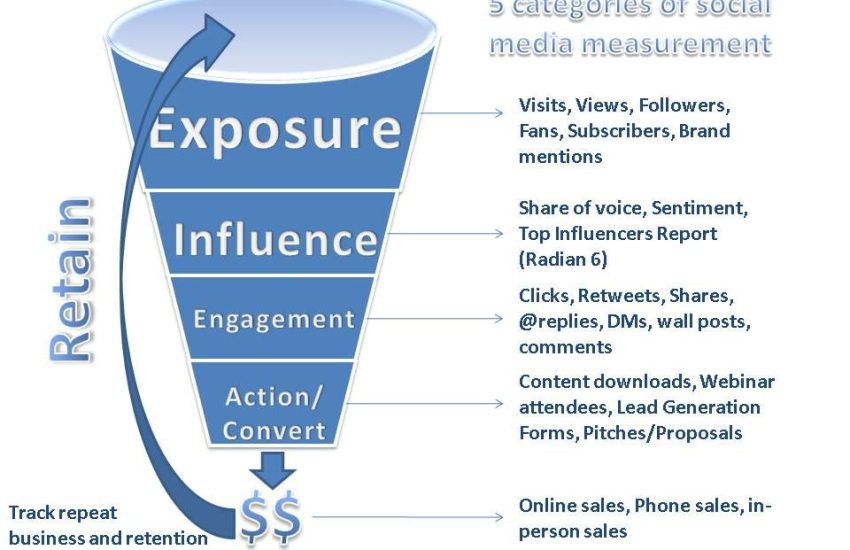The Role of Social Media in Modern Public Relations
In today’s fast-paced digital landscape, social media has become an integral part of modern public relations strategies. With the rise of platforms like Facebook, Twitter, Instagram, and LinkedIn, companies now have direct access to their target audiences in real-time. This has revolutionized the way brands communicate with their customers and manage their reputation.
Building Brand Awareness
One of the key roles of social media in public relations is building brand awareness. By creating engaging content and sharing it with followers, companies can increase their visibility and reach a wider audience. Social media allows brands to showcase their personality and values, humanizing their image and forming a deeper connection with customers.
Managing Reputation
In the age of viral content and instant communication, maintaining a positive brand reputation is more important than ever. Social media provides a platform for companies to respond quickly to customer feedback, address issues, and showcase their commitment to customer satisfaction. By actively engaging with their audience, brands can build trust and loyalty, ultimately enhancing their reputation.
Crisis Communication
In times of crisis, social media can be a powerful tool for public relations professionals. Whether it’s addressing a product recall, a negative news story, or a customer complaint gone viral, social media allows companies to control the narrative and respond swiftly. By transparently communicating with their audience and addressing concerns head-on, brands can mitigate reputational damage and demonstrate their commitment to transparency.
Media Relations
Social media has also transformed the way public relations professionals interact with journalists and influencers. Platforms like Twitter and LinkedIn provide a direct line of communication between brands and the media, making it easier to pitch stories, share press releases, and build relationships with key influencers. By leveraging social media, companies can increase their media coverage and reach a wider audience.
Measuring Impact
One of the biggest advantages of social media in public relations is the ability to measure the impact of PR efforts in real-time. By tracking metrics like engagement, reach, and sentiment analysis, companies can evaluate the effectiveness of their campaigns and make data-driven decisions to optimize their strategies. This valuable feedback allows brands to continuously improve their public relations efforts and adapt to the ever-changing digital landscape.
Conclusion
In conclusion, social media has revolutionized the way public relations operates in the modern era. From building brand awareness and managing reputation to crisis communication and media relations, social media plays a crucial role in shaping the public perception of companies. By harnessing the power of social media, brands can effectively communicate their message, engage with their audience, and ultimately drive success in today’s competitive business environment.


